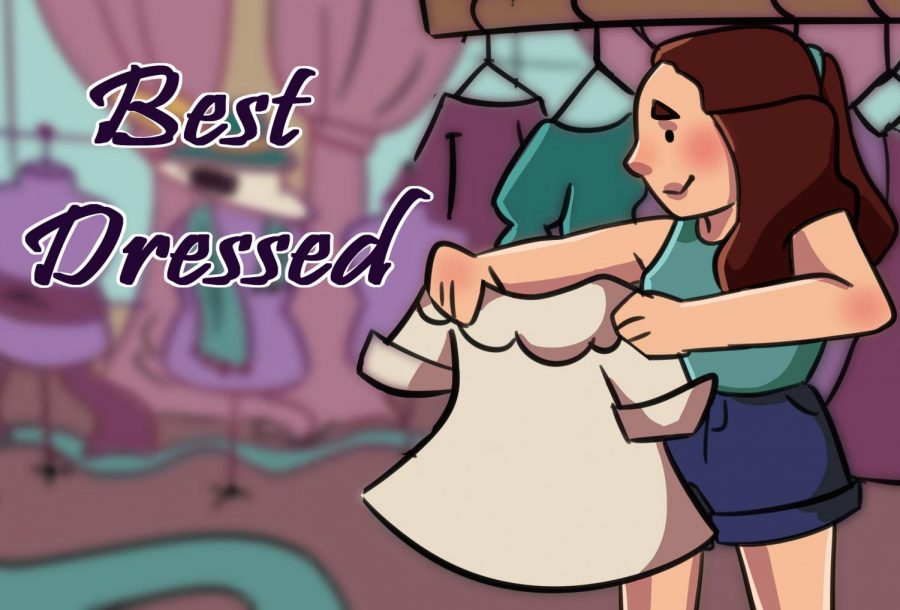Sustainability in the Fashion Industry
How does being ethically conscious affect the fashion industry?
A prominent problem in our society revolves around the harmful effects of the fashion industry. The second largest pollutant in the world is produced by textile waste that comes from fast fashion; this detrimental phenomenon will continue to grow as long as people remain uneducated about the issue. Ever since I was young, I’ve always had a knack for fashion and style. In turn, shopping or ‘retail therapy’ has become a routine occurrence in my life. I never really saw an issue with this until recently, and now I’m painfully aware of the repercussions of my seemingly innocent habits.
A few months ago, I noticed a developing trend in the media – sustainable fashion. This phenomenon came with a whirlwind of unrecognizable phrases like “fast fashion,” “ecological integrity,” and “ethically conscious production.” Originally, the intimidating jargon put a barrier between me and understanding the importance of this movement. By making sustainable fashion a popular topic, an inclusive conversation opens up to educate people on how current fashion or a trip to the mall can hurt our bank accounts and our environment.
There has recently been some reform in the fashion industry regarding accessible sustainability and ethical production in brands like H&M Conscious and Levi’s, but that only goes so far. While Levi’s has been making steps to become more eco friendly since 1991, the H&M conscious line didn’t launch until 2010 due to the rising popularity of modern fashion.
Representation of sustainability in the media has created a platform for information sharing and debate, but also techniques to remedy the problem it has caused. Because of social media, we have adopted an attitude that once we are seen in an outfit, we can’t post it or wear it again. This mindset feeds into the construct of fast fashion brands like Forever 21 that only produce clothes that will fall apart by the time a trend has passed. However, with this problem comes an innovative solution facilitated by platforms like YouTube and Instagram. Thread Up is an online thrift store that makes secondhand shopping accessible to everyone, which in turn minimizes the amount of clothes being produced and sold. This helps lower textile waste, which is the world’s second largest polluter.
There is some leeway to this topic and making it strict or exclusive doesn’t benefit the overall cause. Despite the appeal of shopping sustainably, it’s OK to buy from fast fashion brands as long as you take care of the items and wear them several times, often times it can be a practical option. Sometimes it’s easier for someone who isn’t able to financially invest in sustainability or you just need an outfit for a single event.
Educating yourself on eco-friendly and ethically conscious production, as well as where your money is going, is a vital way to push for change in the fashion industry. Even small steps like buying second-hand, investing in one article of sustainable clothing, or shopping less can help positively impact our environment.

Senior Katlynn Fox is the Editor-In-Chief and this is her second year on staff. In her free time she enjoys listening to music, watching rom-coms and hanging...




Katlynn Fox • Jan 13, 2020 at 1:06 PM
hey Hailey lol whats up girly poop